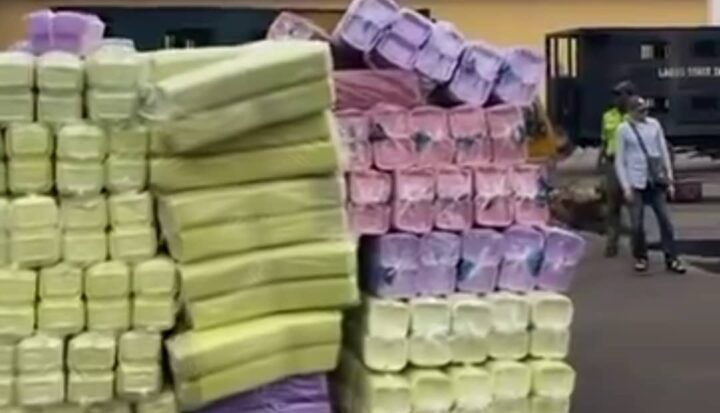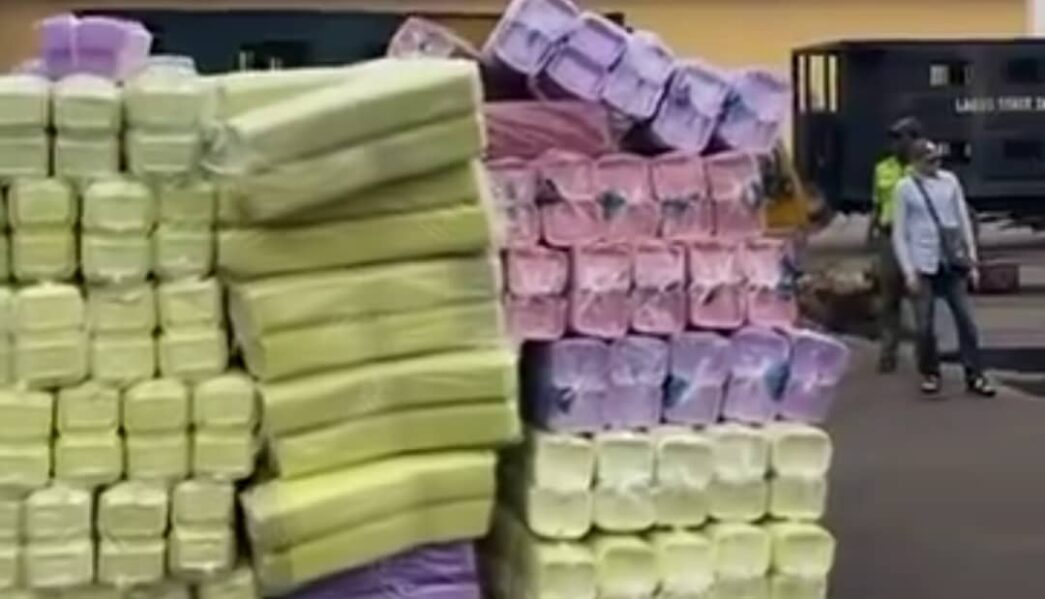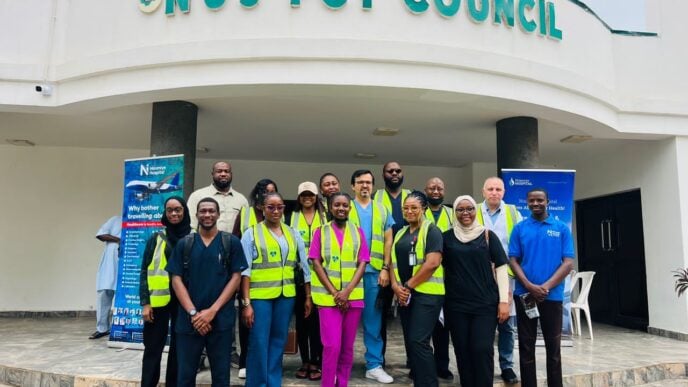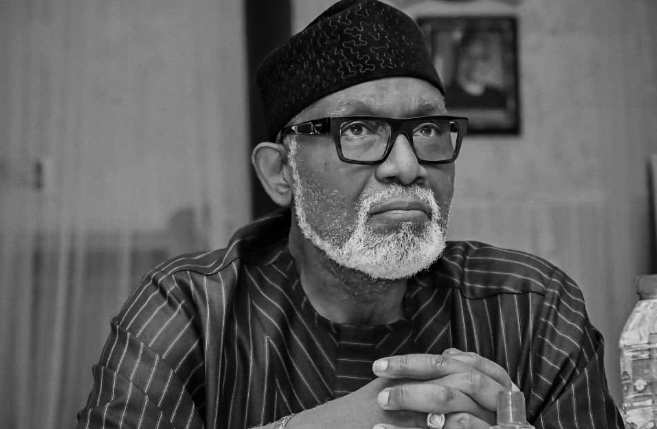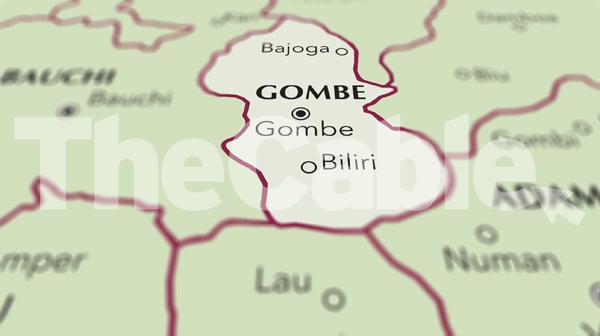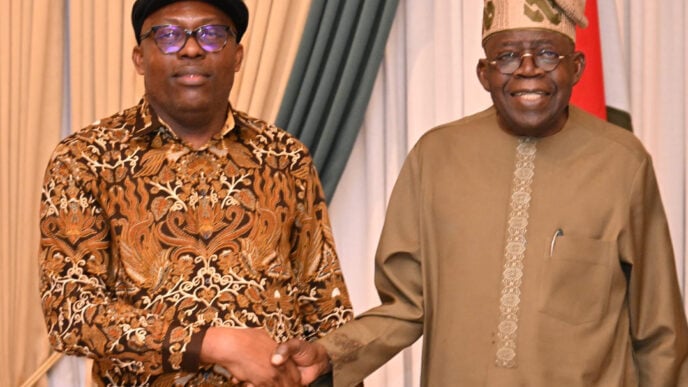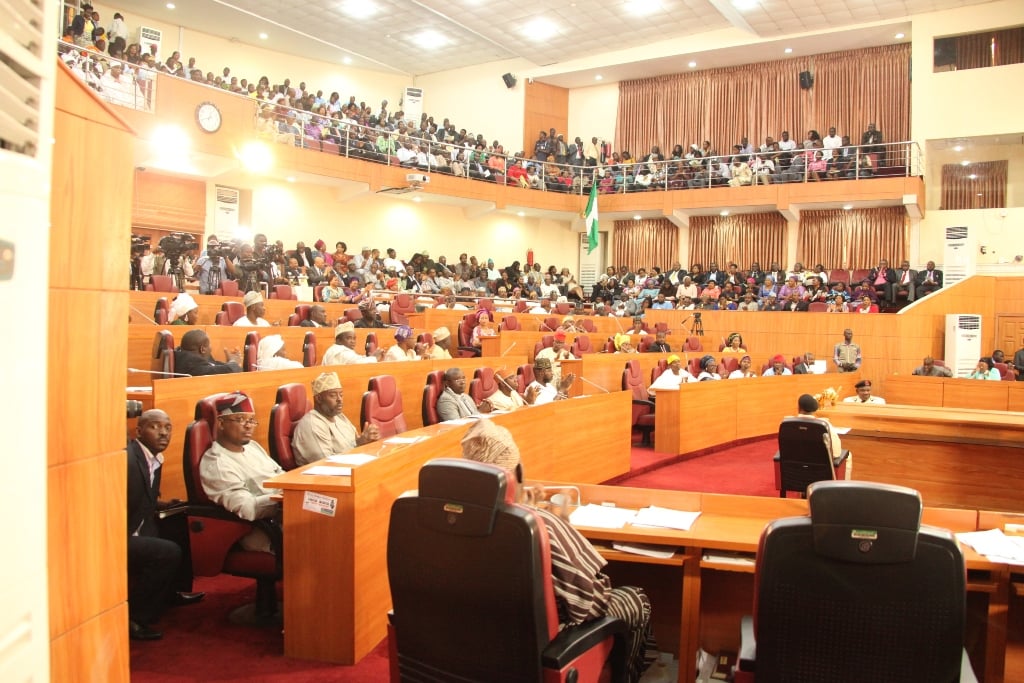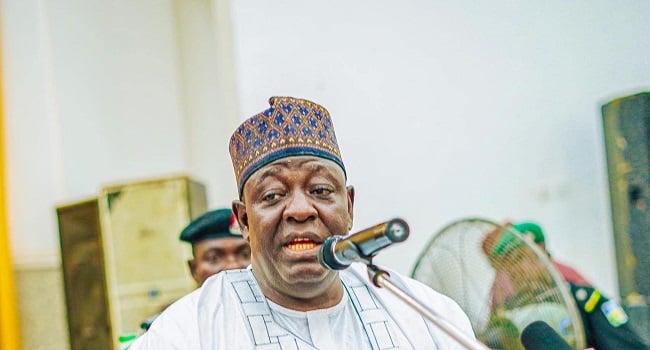Officials previously seized styrofoam packs at Ojuwoye market in the Mushin area of Lagos
The Lagos state government says it has commenced the enforcement of the ban on styrofoam and single-use plastics less than 40 microns in thickness.
A public notice on Tuesday signed by Gaji Tajudeen, permanent secretary, office of the environmental services at the ministry of environment and water resources, said the decision is aimed at protecting public health and the environment.
Tajudeen said the fear that the ban would lead to job losses is “unfounded and a cheap blackmail”, noting that the threat of plastic pollution to drainage systems, marine life, and human health is alarming.
“The primary responsibility of every government is the safety of lives and property. The administration in Lagos took the bold decision which many other subnational governments are now drawing from,” the notice reads.
Advertisement
The ministry refuted claims that it did not consult widely with stakeholders before implementing the ban, adding that interactive sessions were held with the Manufacturers Association of Nigeria (MAN), the Food, Beverage and Tobacco Senior Staff Association, and other groups since 2019.
MAN had asked the state government to carefully reconsider its decision to ban certain single-use plastics (SUPs), noting that the development was not informed by credible data and was “out of tune with reality”.
The association also said the ministry’s decision is based on unsubstantiated claims of adverse health and environmental impacts, with no published studies to support the assertion.
Advertisement
However, Tajudeen noted that studies on health impacts of plastics are avallable in the public domains, as the state “do not necessarily need to establish a research institute to check its impact on human health”.
He warned that markets and stores found selling or storing the banned items will be sealed by enforcement agencies, and the offending products will be confiscated.
The ministry said that those found culpable will be prosecuted in line with the state’s environmental laws.
Tokunbo Wahab, the commissioner of environment and water resources, said in a post on X, that the move is part of efforts to reduce the volume of waste generated across the state and at its landfill sites, many of which are nearing decommissioning.
Advertisement
Items banned include styrofoam food packs, polystyrene cups (disposable cups), plastic straws, plastic cutlery and nylon carrier bags less than 40 microns.
While items allowed to be managed under extended producer responsibility (EPR) include PET bottles, water sachets, and thicker carrier bags (above 40 microns).
